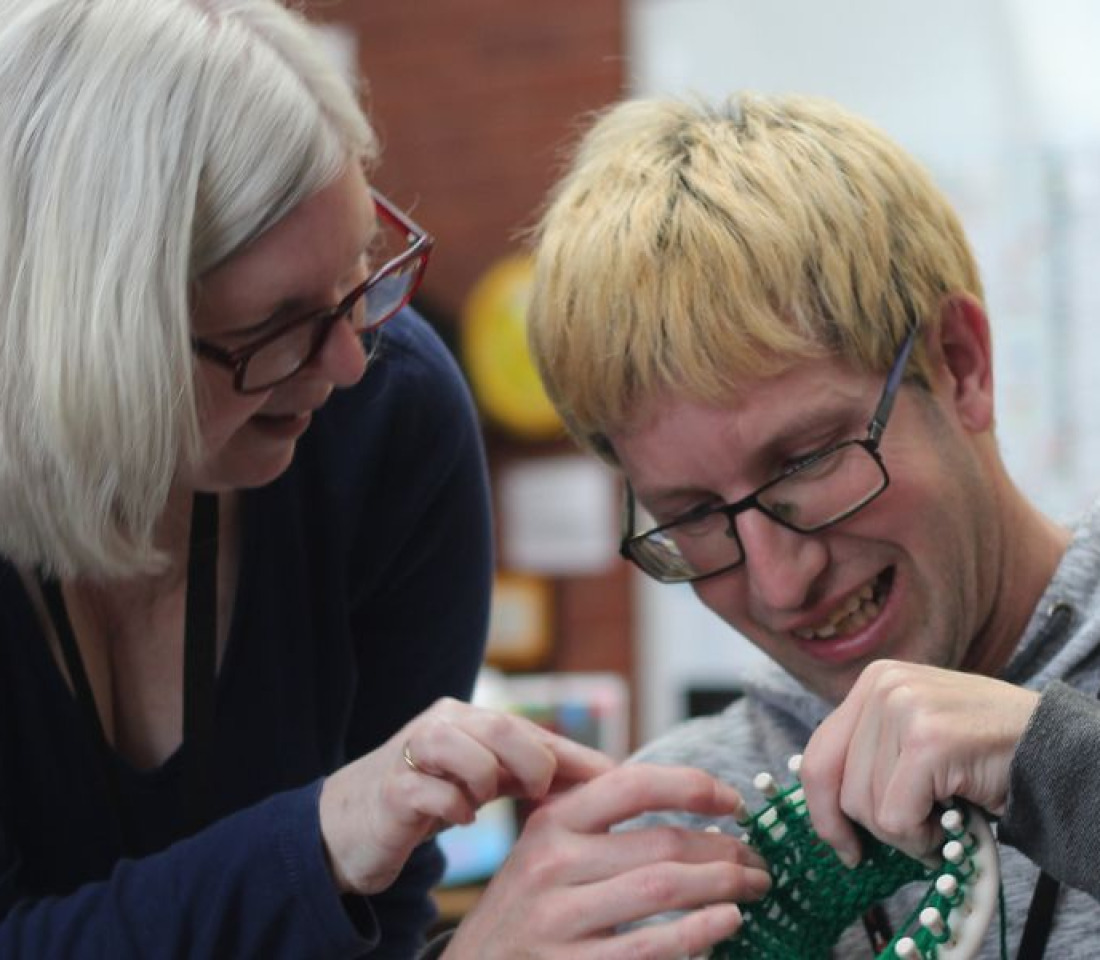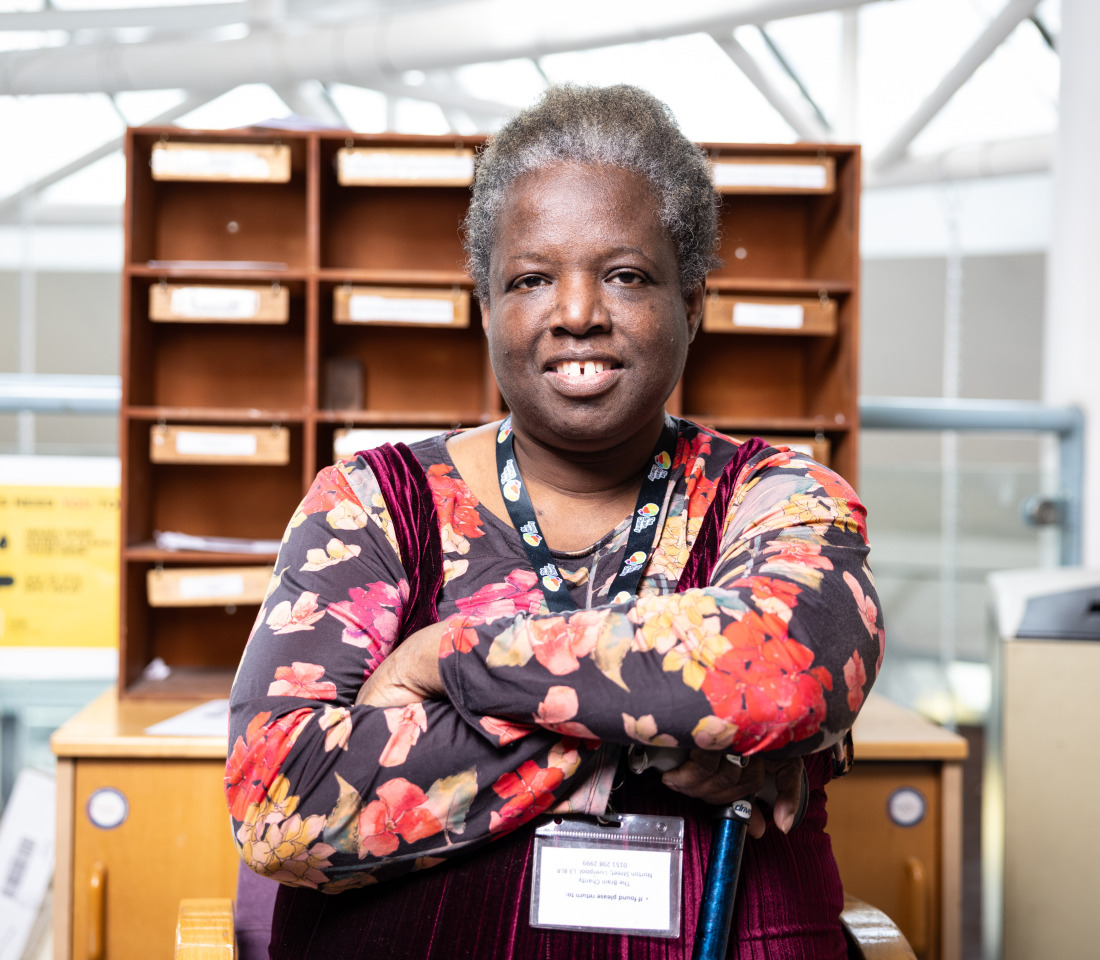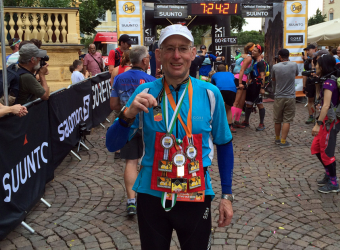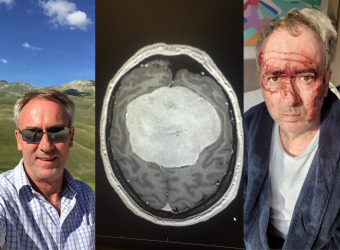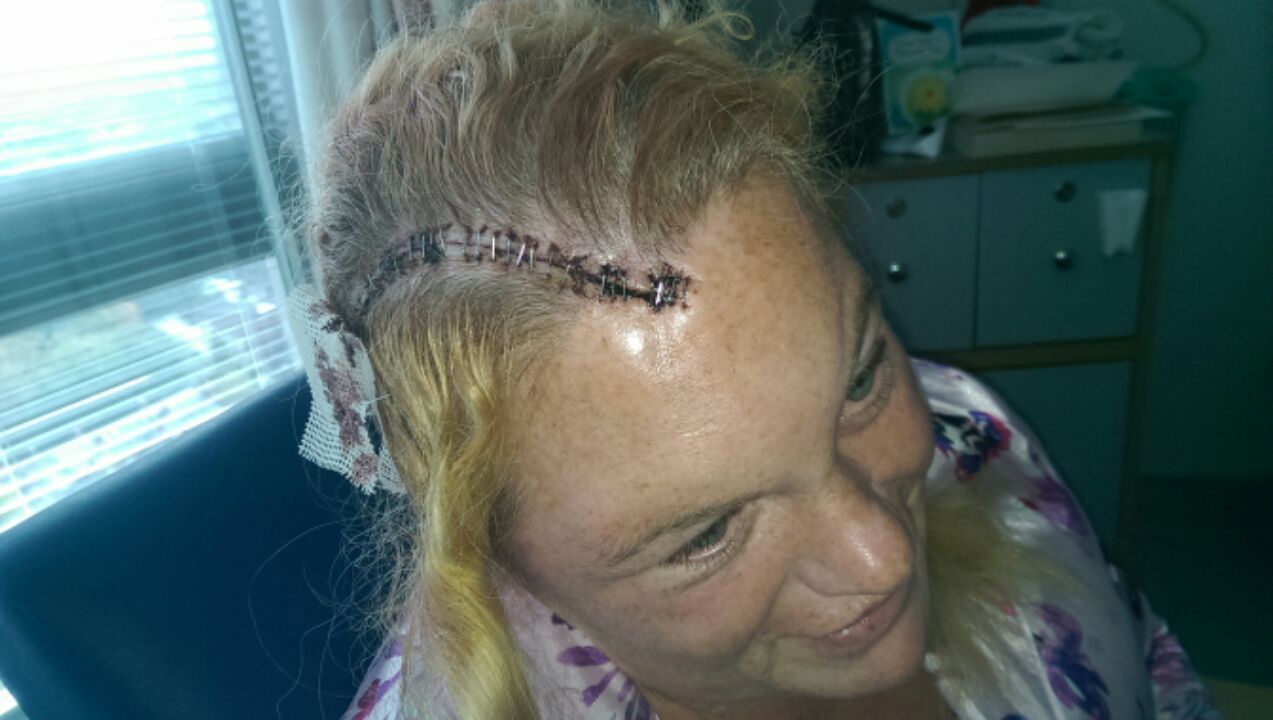
Jennifer’s story: From caring for others to rebuilding herself after two brain aneurysms
"You've got two days to live"
Jennifer dedicated her life to caring for others. A trained mental health nurse, she spent 19 years supporting people at their most vulnerable. But after suffering two life-changing brain aneurysms, she found herself on the other side of care – as a patient – in a system she had once been proud to serve.
A lifetime of care
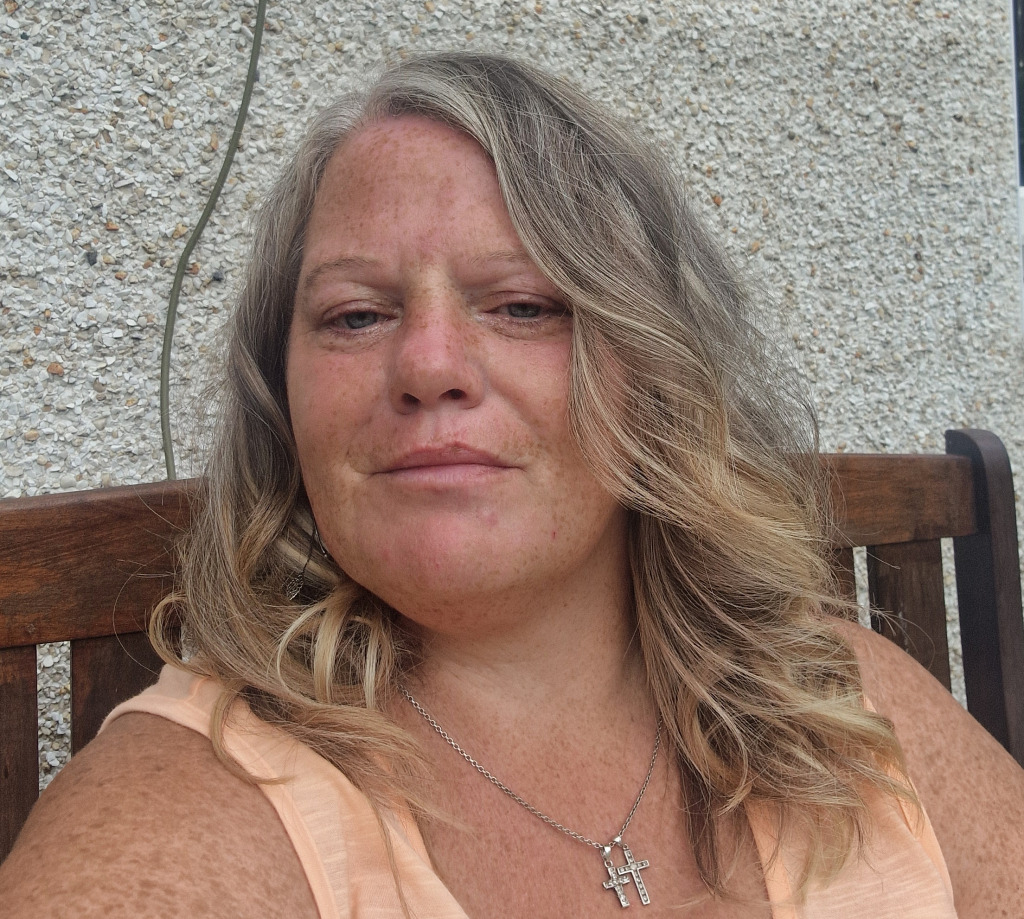
Jennifer’s journey into healthcare began as a teenager, working in nursing homes straight out of school. She loved working with older people and quickly realised she wanted to make a bigger impact than personal care alone allowed.
She said:
“I wanted to help people in a more meaningful way. In nursing homes, the variation of care wasn’t there. I wanted to do more.”
Her ambition led her to train as a mental health nurse, going on to work on inpatient wards. She found her calling in dementia care, spending time getting to know her patients and helping them feel seen and understood.
“It was gratifying. These were people with whole lives behind them, and I got to hear their stories and be a part of their world. I used to wake up with a headache every day”
Jennifer began waking with constant headaches that lasted all day. She initially blamed exhaustion from work, but when the pain persisted during her annual leave and made her feel sick, she knew something was wrong.
She told us:
“I thought it was migraines. But something just didn’t feel right.”
Her GP referred her to a neurologist, Dr Gibson, who ordered a brain scan. Days later, she was called back in.
“He told me they’d found something – an aneurysm shaped like a mushroom. I had an out-of-body experience in that moment. I didn’t take much of anything he said in.”
She was told to wait six months for another scan. With little understanding of what her aneurysm diagnosis meant, she went back to work – only later learning that her grandfather had died of the same condition.
When the follow-up scan showed the aneurysm had grown, Jennifer was given three options: leave it untreated and risk rupture within two years, opt for coils that would need replacing every decade, or have a craniotomy and a metal clip placed on the aneurysm.
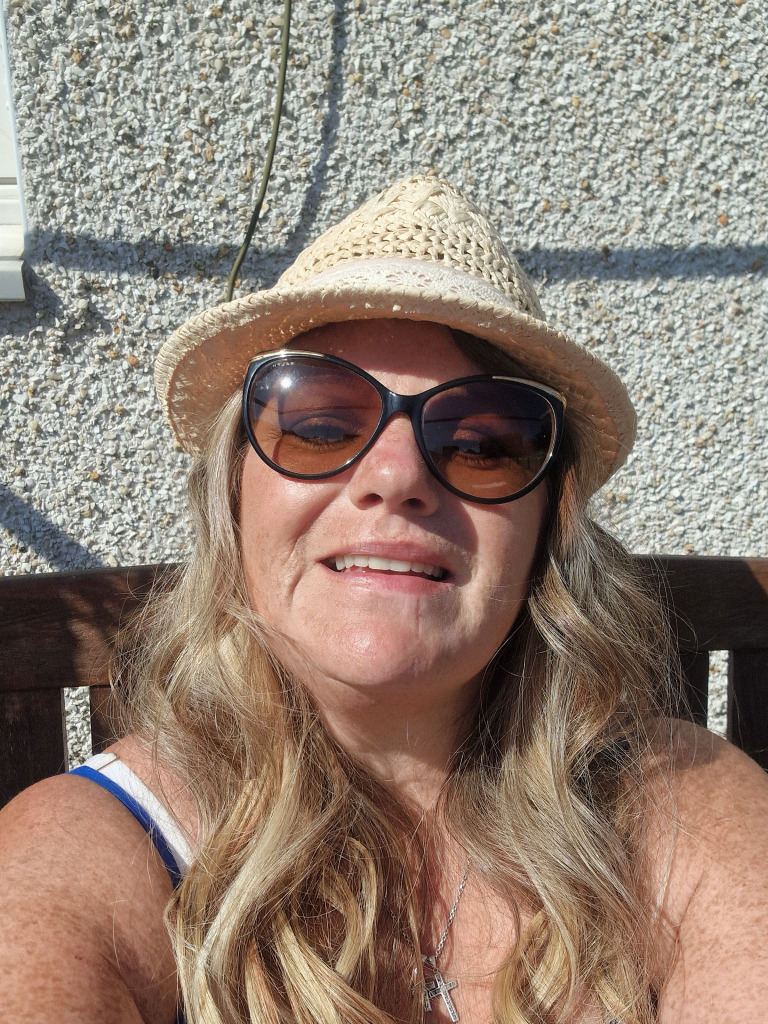
“I chose the surgery. I wanted it over with. I didn’t want it hanging over me.”
Life-changing brain surgery
Jennifer underwent a craniotomy on October 9, 2019. The surgery went well, and only a small section of hair had to be shaved. But her recovery coincided with the COVID-19 pandemic, leaving her without any aftercare.
“I could hear my skull knitting back together. It sounded like snap, crackle, and pop. No one told me that would happen – I had to go back to the doctor to find out it was normal. If I’d had aftercare, I would’ve known.”
Despite this, she returned to work after six months. She felt ready – until a traumatic incident on the ward left her shaken and fearful, for the first time in her career. She requested a move to the crisis team.
But her health issues were far from over.
“You’ve got two days to live”
One day while working at her desk, Jennifer felt an intense pain at the back of her head. Her vision fractured into diamond shapes. She asked a colleague to take her to A&E.
A scan revealed a second aneurysm – this one leaking blood. She was told she would be dead in two days without immediate intervention.
Rushed to a specialist neuro centre, she underwent emergency surgery to insert a stent via her wrist. But the bleeding had already reached her spine and triggered an acute stroke.
“I woke up in unbearable pain. Afterwards, I couldn’t get out of bed. Later, I was diagnosed with left-sided weakness and needed a walking stick to get around.”
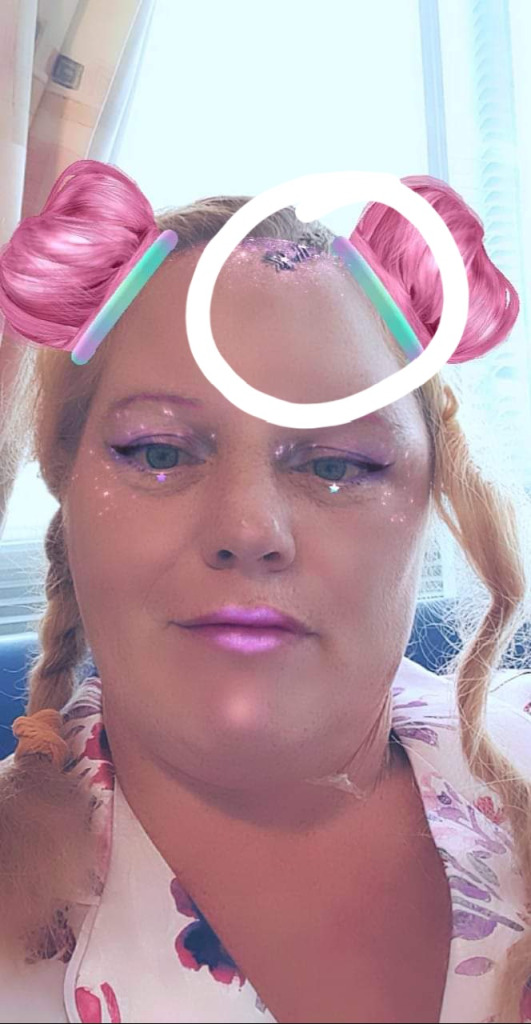
“It’s like losing your identity”

Jennifer had always been active – a former rugby league player, keen hiker and mountain biker, she loved exploring places like Ladybower in the Peak District. But post-surgery, her physical ability and cognitive function had changed dramatically.
“Having a brain injury feels like losing your identity. People don’t see anything wrong, so they assume you’re fine. But I’m not who I used to be.”
She describes memory problems like reading five lines of a book. But only remembering the start and end – and feeling overwhelmed by planning everyday tasks.
“I used to be able to organise anything. Now I forget or overthink and worry about danger in things that used to feel simple.”
The hardest part, she says, is feeling like she doesn’t have a place in society anymore.
The importance of proper support
“I think people need to understand what it’s like to live with a brain injury. It’s hard to explain, but it changes every part of your life.”
Now, she finds comfort in her pets – two guinea pigs and a cat who lovingly watches over them.
“If I didn’t have them, I’d be bored out of my mind. Animals are such good therapy.”
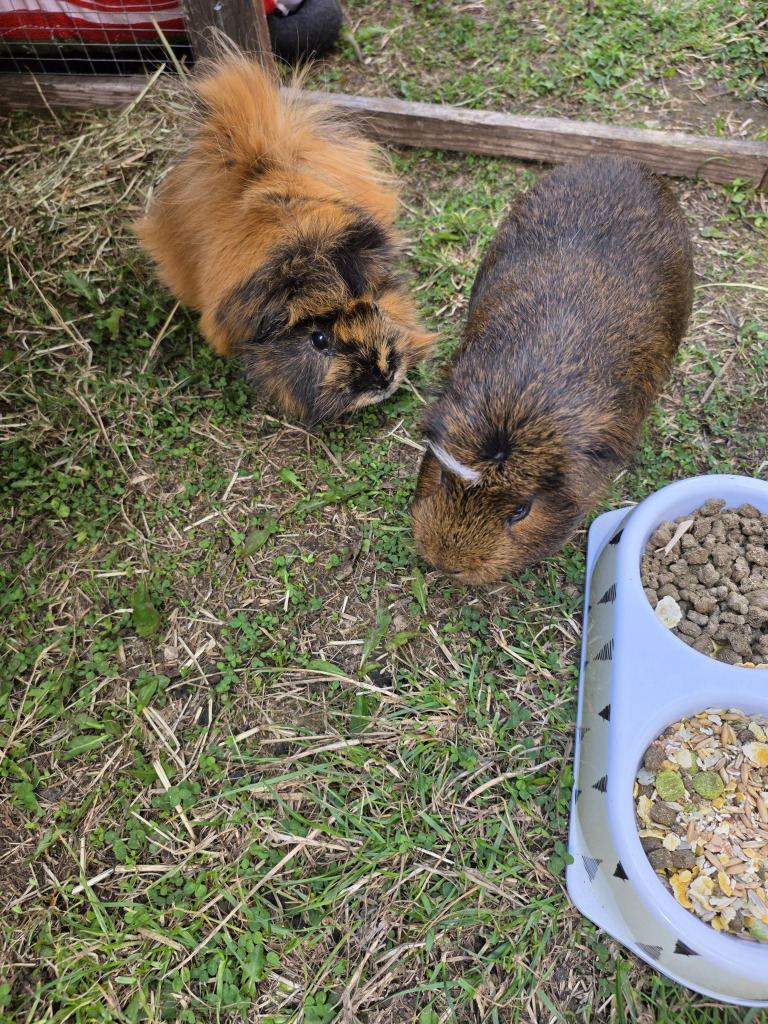
Final Thoughts
Despite the trauma and the loss of the life she once knew, Jennifer continues to find purpose. Sharing her story is part of that healing.
“I used to help others manage their mental health – now I’m learning how to manage my own.”
Category: News
Published: 15 October 2025

